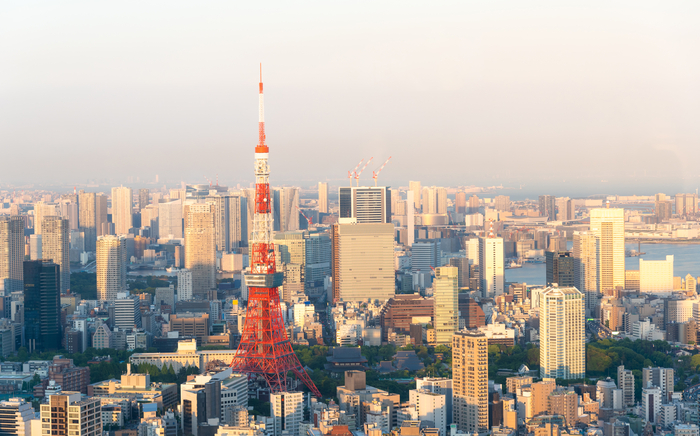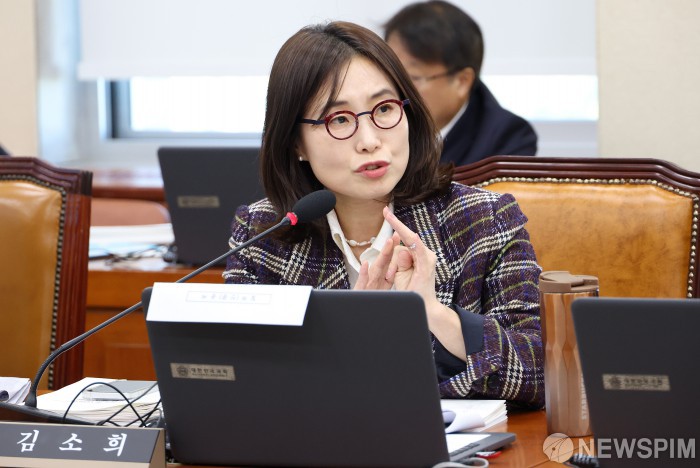인간의 욕망에 의해 청정 지구가 몸살을 앓고 있다. 지구 한편에선 홍수가 또 한편에선 가뭄이 상상을 초월하고 있다. 폭염으로 자연 발화의 산불 횟수가, 빙하의 녹는 속도가 더욱 빨라지고 있다. 세계가 탈 탄소 에너지를 추구하고 있는 가운데 22대 국회에서 친환경 수열에너지 산업을 체계적으로 육성하기 위한 입법이 다시 추진된다.

더불어민주당 위성곤 의원 (제주 서귀포시)은 신재생에너지법을 비롯한 5건의 법률 개정안을 대표발의하며 이같이 밝혔다.
수열에너지는 물의 온도가 여름에는 기온보다 차갑고 겨울에는 따뜻한 원리를 이용하는 친환경 기술이다. 히트펌프 등 열교환 장치를 통해 건물, 주택 및 산업용시설에 냉난방 에너지를 공급하는 방식이다.
바다 , 하천 , 댐은 물론 수돗물과 하수도까지 활용할 수 있어 대규모 열 수요를 충족시킬 수 있고 비용 절감 효과까지 뛰어난 까닭에 미국 , 프랑스 , 캐나다 등 선진국에서는 1990 년대부터 수열에너지 기술이 널리 활용되고 있다.
국내에서는 롯데월드타워가 2014 년부터 전체 냉난방 수요의 약 10%를 수열에너지로 공급하고 있다. 그러나 이후로는 소규모 시범사업 위주로 이어 지며 산업이 제대로 활성화되지 못하고 있는 실정이다.
위성곤 의원은 현행법상 수열에너지 관련 규정 중 상당 부분이 시행령에 포괄적으로 위임되어 있는 등 제도적 뒷받침이 부족한 것을 문제로 지적해왔다.
이에 위 의원은 수열에너지의 정의를 법률에 직접 규정하고 개발 , 보급 등이 효과적으로 이루어질 수 있도록 근거를 마련하는 법안을 21대에 이어 22대 국회에서 재추진한다.
수열에너지 법률적 근거 마련하고 제도적 뒷받침 강화
구체적으로 살펴보면 ‘신재생에너지법’ 개정안은 수열에너지에 관한 정의 규정을 시행령에서 법률로 상향하고 해수 · 하천수 · 하수 · 지하수를 포함했다.
‘물산업진흥법’ 개정안은 물산업 정의 규정에 수열에너지를 추가해 수열에너지 산업에 대한 지원이 활발히 이루어지도록 했다.
‘수도법’ 개정안은 법률에 수열에너지를 포함하고 수돗물을 수열에너지의 열원으로 사용하는 경우 요금을 감면할 수 있도록 했다.
‘하천법’ 개정안은 하천수의 사용허가 및 하천기본계획에 수열에너지 사업에 관한 사항을 포함시켰다.
‘한강수계법’ 개정안은 수열에너지 이용 시 물이용부담금을 면제할 수 있도록 하는 근거를 마련했다.
위성곤 의원은 “에너지 효율성과 비용 절감 효과 모두 입증된 수열에너지 산업은 우리나라를 녹색산업 선도국으로 한 단계 도약시킬 기회”라며 “국회 연구단체 소속 의원들과 함께 수열에너지 산업 현장을 방문하는 등 실행력 있게 입법을 추진해 나가겠다”고 말했다. hpf21@naver.com
* 아래는 위 기사를 '구글 번역'으로 번역한 영문 기사의 [전문]입니다. '구글번역'은 이해도 높이기를 위해 노력하고 있습니다. 영문 번역에 오류가 있을 수 있음을 전제로 합니다.
*The following is [the full text] of the English article translated by 'Google Translate'. 'Google Translate' is working hard to improve understanding. It is assumed that there may be errors in the English translation.
Rep. Wi Seong-gon “Representative Proposer of 5 Laws to Activate the Hydrothermal Energy Industry”
Establishing a Basis for Leading the Future Green Industry Based on Energy Efficiency and Economics
The clean Earth is suffering due to human desire. Floods on one side of the Earth and droughts on the other are beyond imagination. The number of wildfires caused by natural combustion and the melting speed of glaciers are accelerating due to heat waves. As the world pursues decarbonized energy, legislation to systematically foster the eco-friendly hydrothermal energy industry is being promoted again in the 22nd National Assembly.
Rep. Wi Seong-gon (Seogwipo-si, Jeju) of the Democratic Party of Korea announced this while representing the proposal of five bills to revise the law, including the New and Renewable Energy Act.
Hydrothermal energy is an eco-friendly technology that utilizes the principle that water temperature is colder than air temperature in summer and warmer in winter. It is a method of supplying heating and cooling energy to buildings, houses, and industrial facilities through heat exchange devices such as heat pumps.
Since it can meet large-scale heat demand by utilizing the sea, rivers, dams, and even tap water and sewers, and has excellent cost-saving effects, advanced countries such as the US, France, and Canada have been widely utilizing hydrothermal energy technology since the 1990s.
In Korea, Lotte World Tower has been supplying about 10% of total heating and cooling demand with hydrothermal energy since 2014. However, since then, it has been mainly small-scale pilot projects, and the industry has not been properly activated.
Rep. Wi Seong-gon has pointed out that the lack of institutional support is a problem, as a considerable portion of the current hydrothermal energy-related regulations are comprehensively delegated to the enforcement ordinance.
Accordingly, Rep. Wi is re-promoting a bill in the 22nd National Assembly, following the 21st, that directly stipulates the definition of hydrothermal energy in the law and establishes a basis for effective development and distribution.
Establishing Legal Basis for Hydrothermal Energy and Strengthening Institutional Support
Specifically, the revised ‘Renewable Energy Act’ upgraded the definition of hydrothermal energy from the enforcement ordinance to law and included seawater, river water, sewage, and groundwater.
The revised ‘Water Industry Promotion Act’ added hydrothermal energy to the definition of water industry to actively support the hydrothermal energy industry.
The revised ‘Waterworks Act’ included hydrothermal energy in the law and allowed for a reduction in fees when tap water is used as a heat source for hydrothermal energy.
The revised ‘River Act’ included matters related to hydrothermal energy projects in river water use permits and river basic plans.
The revised ‘Han River System Act’ established the basis for exempting water use fees when using hydrothermal energy.
Rep. Wi Seong-gon said, “The thermal energy industry, which has proven both energy efficiency and cost-saving effects, is an opportunity to take our country to the next level as a leading country in the green industry,” and added, “I will push for legislation with executable power, such as visiting the thermal energy industry site with members of the National Assembly research group.” hpf21@naver.com

!["무거울수록 더 내라" 日, 전기차에 중량세 검토한다는데[송주희의 일본톡]](https://newsimg.sedaily.com/2025/12/12/2H1P8YI8AG_1.jpg)


![[알쓸정책-산업편] 중기 수출지원·석유화학 통상 해소·공제기금 대출 확대](https://www.hellot.net/data/photos/20251250/art_17655202092611_196ba3.jpg?iqs=0.37968440368188494)
![[알쓸정책-생활편] 탄소중립포인트제·국민비서 확대·도수치료 관리급여·공공서비스 알리미](https://www.hellot.net/data/photos/20251250/art_17655210746862_1bbfe0.jpg?iqs=0.442620053962019)



![멕시코發 관세 리스크…국내 제조기업 주가 '와르르' [마켓시그널]](https://newsimg.sedaily.com/2025/12/12/2H1P92UC94_3.jpg)